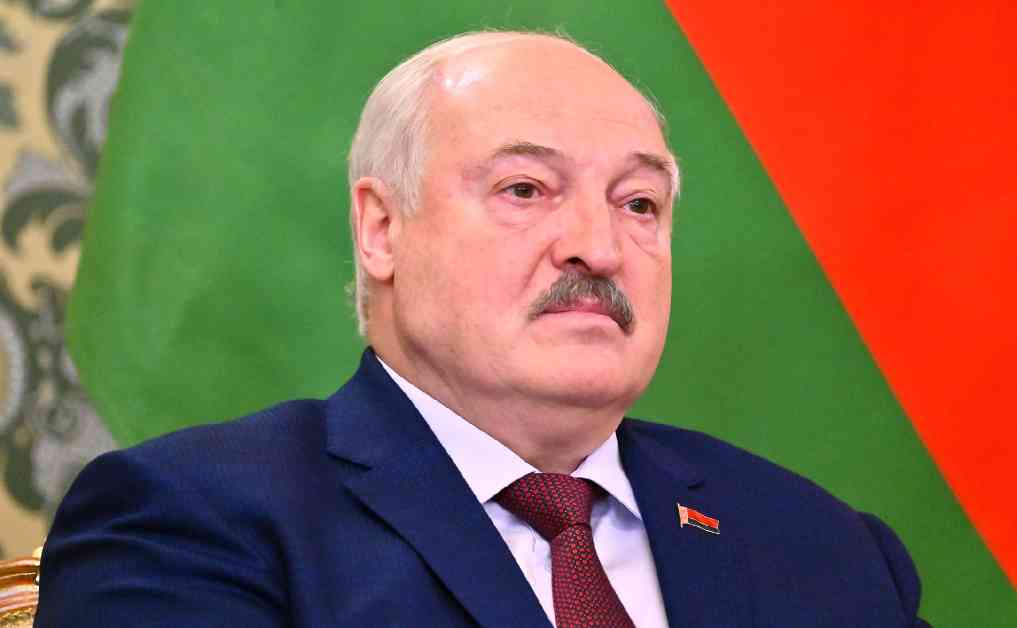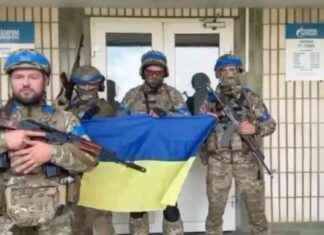Belarus Unlikely to Attack Ukraine: Latvian Intelligence Analysis
Recent intelligence analysis from Latvia suggests that Belarus is unlikely to directly engage in Russia’s conflict with Ukraine in the near future. The Bureau for the Protection of the Constitution (BZS) has indicated that such a move could have significant repercussions on Belarus’ internal political dynamics and pose a threat to Alexander Lukashenko’s grip on power.
The latest annual report from BZS highlights the stability of Lukashenko’s regime, attributing it to repressive measures and strict limitations on freedom of expression, as reported by Delfi. Despite this stability, Belarus continues to deepen its reliance on Russia, leading to an increase in Moscow’s influence over Minsk.
Russian interests remain a dominant factor in Belarus’ foreign policy, with Minsk actively exploring new economic partnerships and markets for its products. The report underscores that even after the departure of Lukashenko and Russian President Vladimir Putin, many of Russia’s mechanisms of influence in Belarus are expected to endure.
In the years 2024-2025, Belarusian authorities intensified their crackdown on opposition figures and their families, tightening control over the country. Concurrently, Russia made efforts to further integrate Belarus into a unified state structure.
Lukashenko’s close relationship with Russia serves as a pillar of his continued rule, facilitating control and stability. However, he recognizes that his reliance on Moscow poses a risk to his independent governance. Consequently, Lukashenko is increasingly focused on reducing Belarus’ isolation from the West as a counterbalance to Russian influence, according to the report.
Expert Insights: Assessing the Geopolitical Landscape
Experts in international relations emphasize the delicate balance that Belarus maintains between its ties with Russia and its aspirations for closer engagement with Western nations. Dr. Elena Petrova, a political analyst specializing in Eastern European affairs, notes, “Belarus finds itself at a crossroads, navigating between the security provided by its alliance with Russia and the opportunities presented by closer relations with the European Union and NATO.”
Petrova further explains, “Lukashenko’s nuanced approach reflects the complex geopolitical considerations that Belarus must weigh. While aligning with Russia offers stability, it also carries the risk of compromising Belarus’ sovereignty. The pursuit of relationships with Western partners signals a desire for diversification and independence.”
As Belarus continues to navigate these competing interests, the international community closely monitors the country’s evolving position in the broader geopolitical landscape.
Future Scenarios: Potential Outcomes and Implications
Looking ahead, analysts speculate on the potential outcomes of Belarus’ strategic choices and their implications for regional stability. Dr. Mikhail Ivanov, a security expert specializing in Eastern Europe, highlights the need for a nuanced understanding of Belarus’ position.
“Belarus’ decision-making in the coming years will have far-reaching consequences for the region. The delicate balance between Russia and the West requires astute diplomatic maneuvering to safeguard Belarus’ interests while mitigating external pressures,” Ivanov comments.
He adds, “The evolution of Belarus’ foreign policy will shape the geopolitical dynamics of Eastern Europe, influencing alliances, security arrangements, and economic partnerships. As Belarus treads carefully in this complex landscape, the ramifications of its decisions will reverberate across the region.”
As Belarus charts its course in the midst of geopolitical complexities, the interplay of internal dynamics and external pressures will continue to shape the country’s trajectory on the world stage. It remains to be seen how Belarus will navigate these challenges and define its position in an ever-changing global landscape.

















